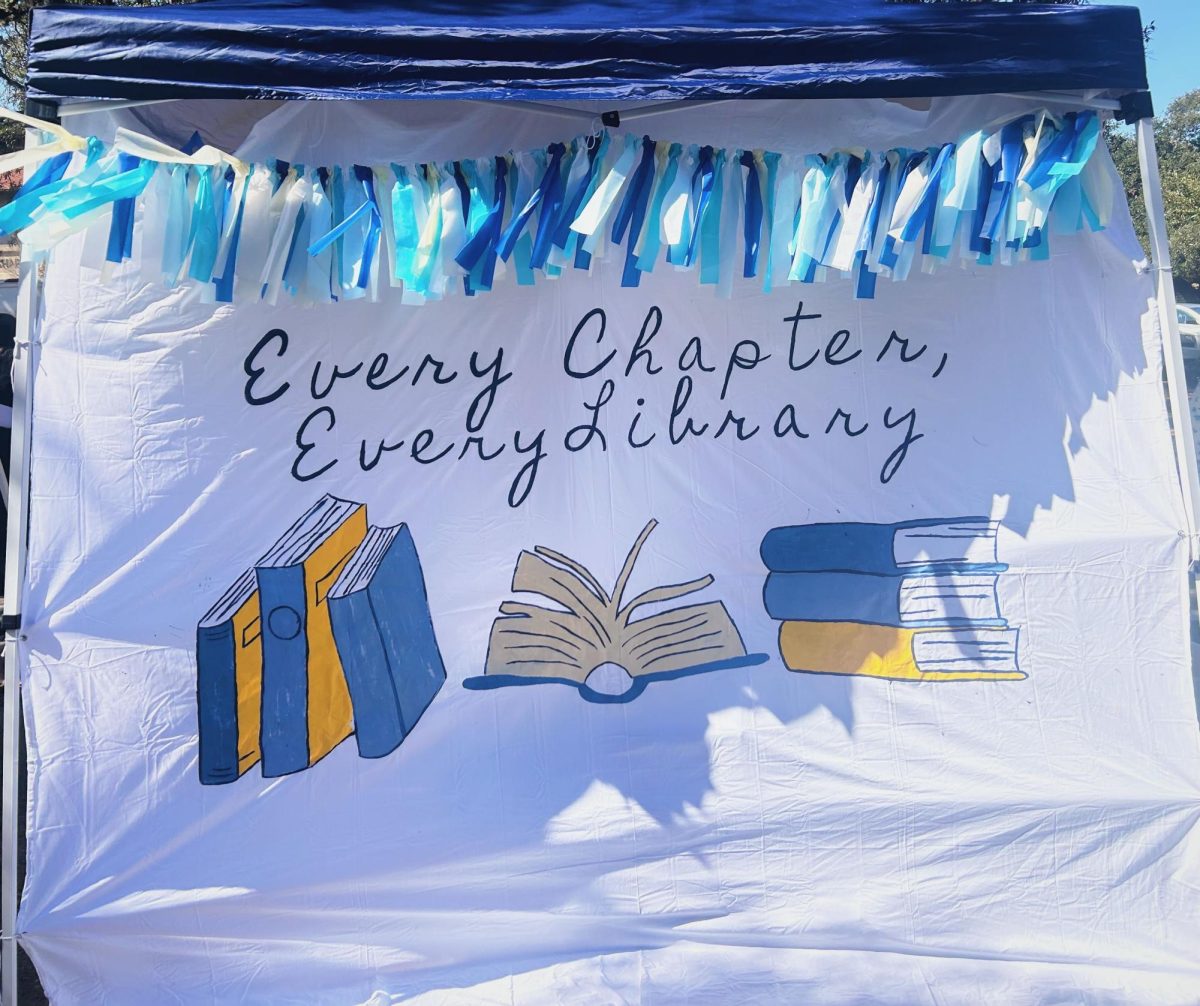About 150 professors from Louisiana universities banded together Friday to discuss diverse topics addressing the aftermath of last year’s Gulf Coast oil spill.
The Deepwater Horizon Oil Spill Conference, a consortium organized by Matthew Lee, interim associate vice chancellor for the Office of Research and Economic Development, was co-sponsored by LSU, Tulane University, University of Louisiana at Lafayette, University of New Orleans and Louisiana Universities Marine Consortium.
The conference featured 10 discussions on issues including the microscopic zooplankton and the food chain, the wetlands, human impacts, engineering issues and solutions and food safety.
The conference also had a poster session where professors perused about 60 research posters.
Lee said the consortium hopes to submit one major inter-university proposal and several individual proposals for the second round of BP funding.
Christopher D’Elia, School of the Coast and Environment dean, called the effort “truly interdisciplinary” and applauded the diverse range of research from science to social sciences.
D’Elia said the consortium and individual universities should be awarded BP funding due to the “local knowledge” of the region that other universities lack.
“We’re not seeing the truly dramatic effects [of the oil spill] many predicted,” D’Elia said. “The lack of news is the news.”
D’Elia and Lee added that such a lack of news is “encouraging.”
During the human impacts session, the presenters pointed out public opinion about the oil spill varies depending on proximity to the spill. For example, their research showed people in Louisiana were happy with Gov. Jindal’s handling of the spill, while people farther away from the state said Jindal’s handling of the spill was poor.
The engineering session discussed the possibility of an engineering response system to containment of blowouts, and John Smith, LSU engineering professor, said the design of oil wells is truly engineering knowledge.
Lee has said previously LSU has not only sought money from BP, but also has been awarded numerous National Science Foundation grants. He said LSU has received more than $8 million in oil spill research funding.
“There simply is no institution that can respond as comprehensively as a place like LSU,” Lee said.
Lee specified the comprehensiveness within several LSU colleges and programs. He said he headed interviews of more than 900 households about stress and anxiety. The Manship School of Mass Communication surveyed attitudes after LSU’s Earth Scan Laboratory allowed them to visually track the oil spill on the ocean’s surface, and LSU’s Center for Advanced Microstructures and Devices received a grant to identify the elemental composition of the oil.
Kevin Carman, dean of the College of Science, has said before the conference that NSF funding came rapidly after the oil spill, while the BP funding took longer. Carman said many NSF projects were able to be continued by the use of the later-arriving BP funds.
Carman said his proposal was not successful for the first round of BP funding, and he teamed with professors to study coastal marshes and the mud surrounding them.
“In a sense, this oil spill is a big experiment,” Carman said.
____
Contact Andrea Gallo at
[email protected]
Profs. gather for oil spill conference
April 30, 2011






